Semantically Involved
Grocery shopping is something I enjoy. What that says about me, I’m not sure. The other day my wife Sara and I went on our semiweekly Trader Joe’s-to-Whole Paycheck grocery trip to stock up for the second half of the week. (Why not go once and buy for the whole week? Like I said, grocery shopping is our thing.)
It was at the latter that I noticed something on a package in the frozen aisle. I was looking through the freezer door at a colorful assortment of veggie burger boxes Sara’s a vegetarian. Most were labeled “Organic,” some were “Gluten Free,” two were “Vegan” and one was “73% Organic.” Hmm…
It’s the last one that made me scratch my head. What happened to the other 27 percent? Maybe that 27 percent is drenched in horrible chemicals. Who knows.
I’ve always been under the assumption that being organic was an all-or-nothing type of thing. Either every single component/part/ingredient used to create a given product was organic, and if one thing wasn’t, then the end result wasn’t organic. Simple as that. But labeling something 73 percent organic, well, that’s a bit confusing.
Lucky For Us
With words like sustainable, eco-friendly, local and organic, did you know organic is the only word regulated by law in the United States? Eight pages to the right in “Say What You Mean…” (page 14), Bridget Behe, professor of horticulture marketing at Michigan State University, kindly sheds some light on this somewhat confusing clash of environmentally friendly words thanks to the 2,511 consumers who took an online survey Bridget and her colleagues launched a couple springs ago.
“We asked a variety of questions focused on horticultural purchases,” she explains. “Participants were then asked to mark any and all characteristics that they perceived characterized that type of product.” I think you’ll find the results very interesting and useful for the next time you plan on marketing and merchandising your greener efforts.
Say What
The last time I was shopping organic vegetables at area garden centers, I came up empty-handed. Poor timing on my end. But one retailer confidently told me of their selection, “These aren’t organic, but they’re naturally grown.” He went on to explain that meant “the seed is not organic, but it was grown in organic soil with organic plant food.” I was reticent to buy. It sounded like another case of the 27 percent.
How are you and your staff accurately wading through all of this terminology? And what about those customers of yours? Are they being told a consistent message? I can’t believe I’m the only one who feels a little foggy on the differences between “organic” and “natural” in the retail world.



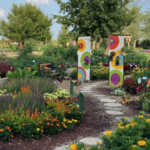


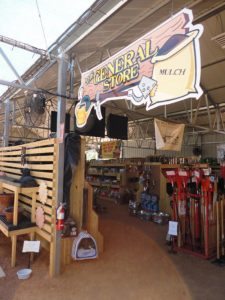

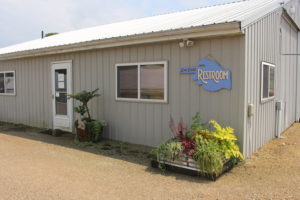
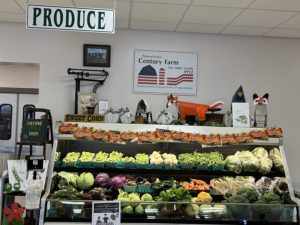
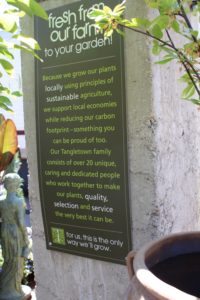
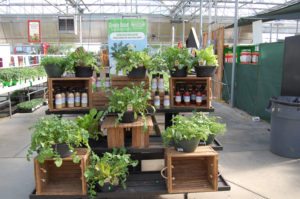
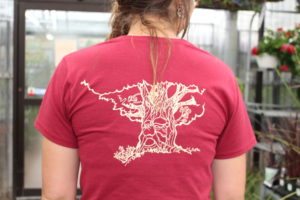

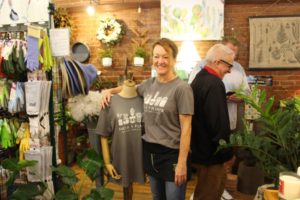
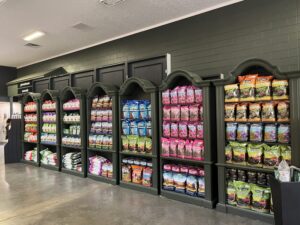
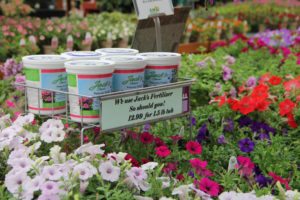
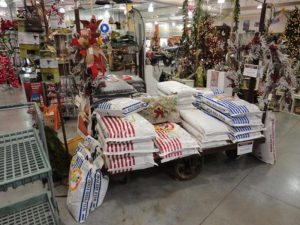
 Videos
Videos





